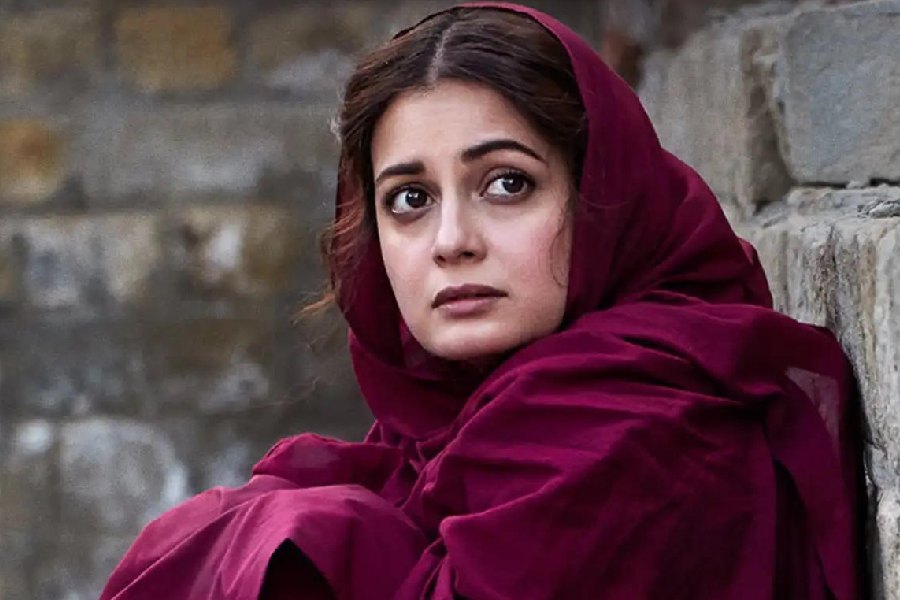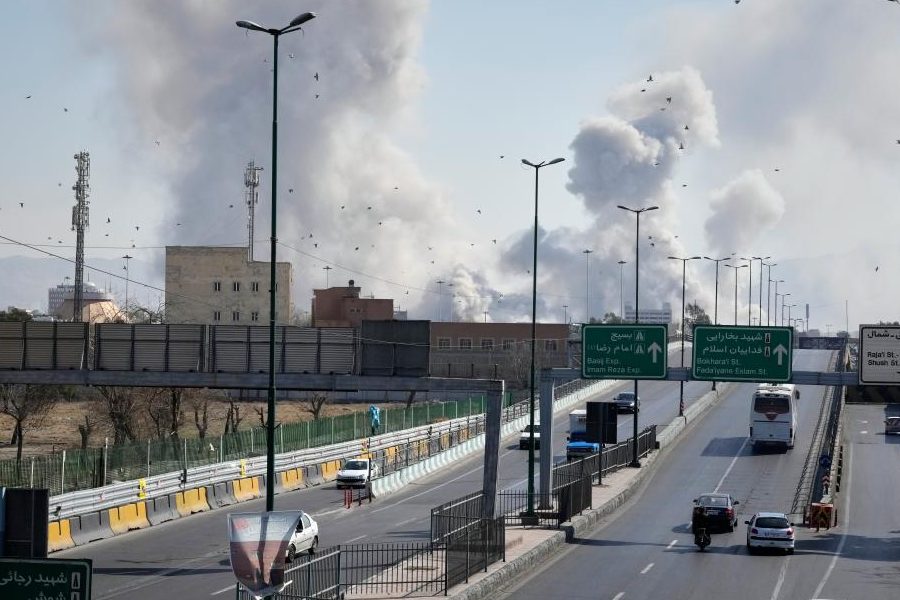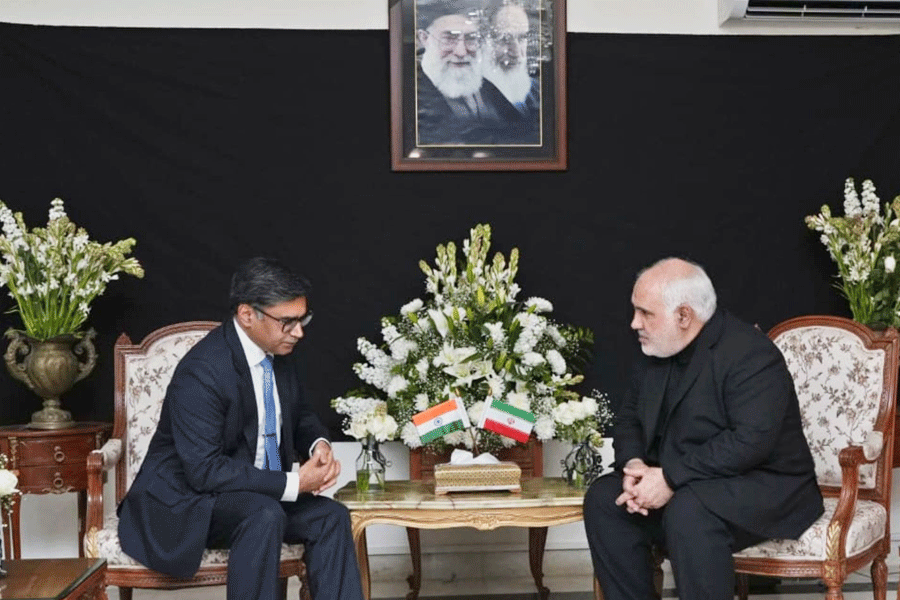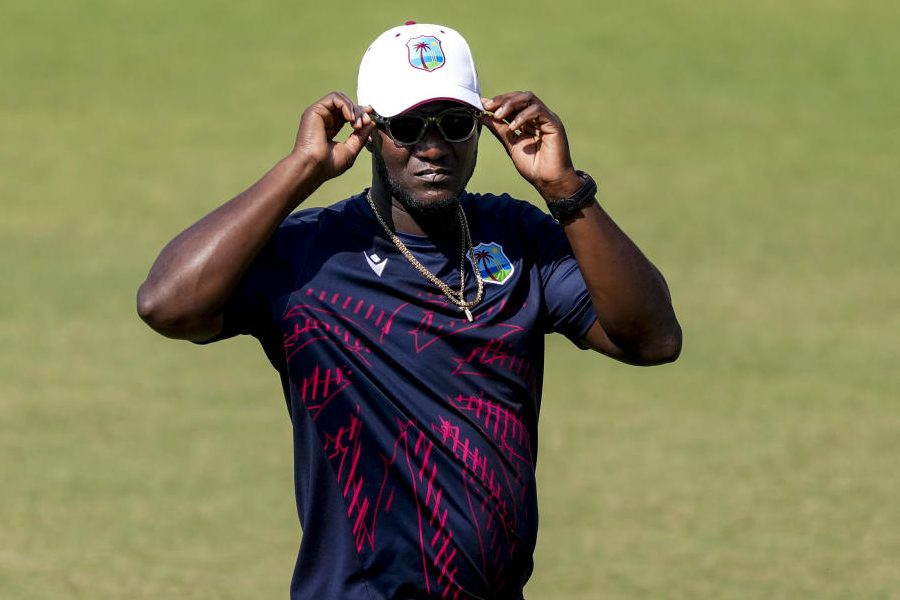My son responded to me in Bangla today,” Dia Mirza shares her excitement with t2. But three-and-a-half-year-old Avyaan’s nascent vocabulary is not the only cause of his half-Bengali mother’s excitement. The 2019 Zee5 web series, Kaafir, which Dia says made her a mother much before she became a biological mother, has been turned into a feature film on the same OTT platform. We dialled Dia for a chat.
It’s a curious decision to edit a web series into a film...
The story was first written as a feature film, and the writer, Bhavani Iyer, and the producer, Siddharth Malhotra, spent many years struggling to get it made. Eventually, Zee5 offered Siddharth to make it as a series. Bhavani was challenged and excited at the idea, because she felt it would give her an opportunity to delve into nuances of the theme that a feature film would not accommodate and she enjoyed writing it as an eight-part series. Now that it’s been edited into a feature film and re-released, it feels like the story has come a full circle.
The series had a very strong fan base with a high IMDb rating. The story provoked and compelled audiences to engage with it. The feature film opens up the possibility of a whole new audience discovering the story, and it’s also, I guess, a celebration for the platform, because they are bringing back something that they believed in.
It’s very poignant the way a Pakistani national is seen through a humanitarian lens.
Yeah, especially at a time when we had disallowed ourselves to do so. This was 2019. That’s the power of Bhavani Iyer’s humanity. I think each one of us recognised the merit of this narrative and the importance of humanising this journey and offering it in the perspective that it has been and I think this is the only way peace can be achieved, when we are able to empathise and discover that there’s always two sides to a story. I remember an AD (assistant director) telling me on the last day of shoot: “It’s very brave of you to play a Pakistani.” It baffled me. It was the first time that I thought about Kainaaz as a Pakistani character. I’d never viewed her as a person who belonged to a geography. To me, she was a human being, and I empathised with her journey as a woman.
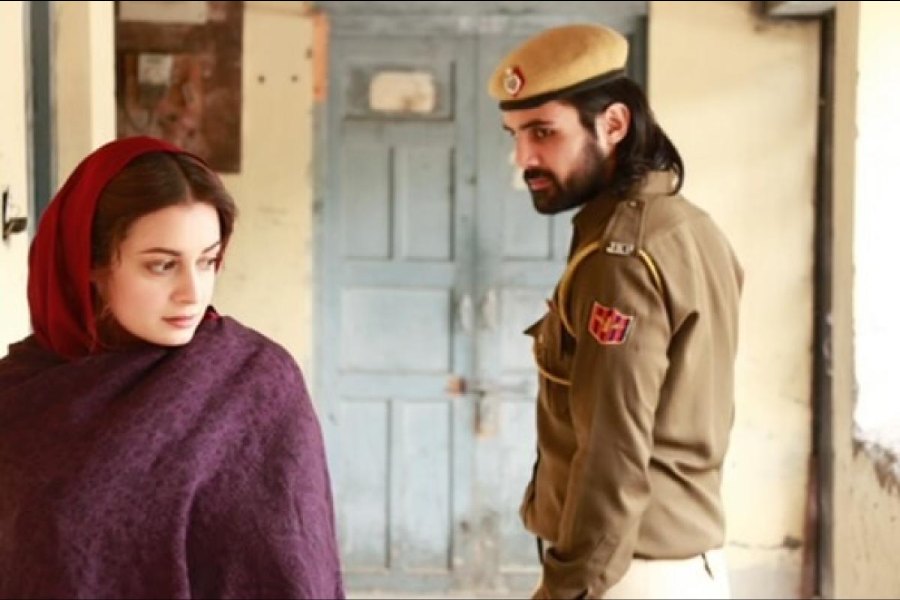
Dia Mirza with a co-actor in Kaafir
You used your eyes beautifully to reflect the turmoil that your character was going through while deciding whether to trust the journalist (Mohit Raina) when he is egging you to reveal the truth. How tough was it emotionally to play the role?
Thank you. I still get goosebumps when I think of many of the scenes, like the moment you described. It was a deeply physical, emotional and personal experience to play Kainaaz. It’s just the kind of role that demands your entire being, and there were many such moments in the story that shook me. Kainaaz made me a mother much before I became a biological mother. The intensity and ferocity of the love I felt for my daughter in the show was incredible. It opened up my entire being to the understanding of what it means to be a mother.
The second thing that I remember feeling while filming was the power of love — just unspoken, unromantic love that is born out of gratitude. The bonfire scene between Vedant and Kainaaz on the rooftop is one example of it. Swanand Kirkire wrote a beautiful poem for us. I just gave him a brief of the situation and one line of the story, and he came up with this powerful poem. It’s cut to a montage towards the end of the show. It makes people feel things that they may not have felt before.
Can you remember any specific scene that drained you emotionally?
When we shot the rape scene, I was shaking long after Sonam Nair called cut, and I remember throwing up. I guess that’s what being violated feels like. They were many moments that I felt very intensely.
The child actor who played your daughter (Dishita Jain) used to call you Ammi, right? Are you still in touch?
Yes, she’s grown so much. It’s ridiculous how fast children grow! She would be 10 or 11 now. She’s extraordinary, that child. She would have been five or six then. She needed to play three, and she looked it as she was so tiny.
Where was it shot?
We shot the prison scene in Mumbai, but a lot of the show was filmed in Himachal Pradesh. Our work days were gruelling and long, and it was really the beauty of those mountains and the clean air that helped. We were all able to make some difficult days totally enjoyable, because we were shooting in these beautiful locations.
Do you think such humanitarian stories involving the people of two countries, if told more frequently on screen, could improve relations?
I’ve always believed in the power of cinema for change. Storytelling is one of the most powerful instruments of positive social change. So yes, we need to tell stories of love and peace.
With bound scripts and tight schedules of OTT productions, how have things changed now?
It’s been a paradigm shift. When I started out, we would be handed scenes minutes before we had to film them. So there is far more method in the madness today. It would be impossible to film eight episodes in 45 days if we didn’t have a full script and where everyone is prepared to execute. There’s more discipline in the approach today.
Coming to Dia, the producer, what’s brewing at One India Stories?
We’ve made our first short film in Marathi, Panha. It’s won three awards already. It’s a story of a little boy who is about to lose his ancestral mango orchard to a road that is being built. The story is told from the child’s lens and directed by a debutant filmmaker. Hope it will eventually find a home on a platform where people will be able to watch it.
Will we see you again in a Bengali film after Paanch Adhyay?
My mother is Bengali and I really enjoyed shooting Paanch Adhyay. I’d love to do a Bangla film again.

